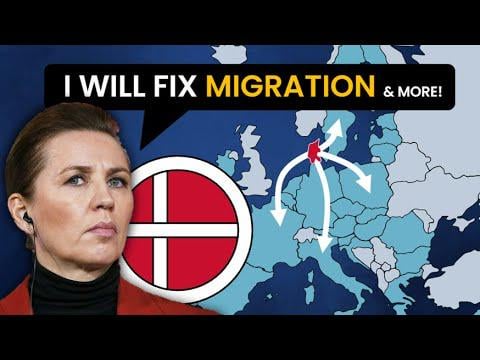Coffee aficionados and traders alike were taken aback by the sudden surge in international coffee prices, mirroring the pattern seen in copper markets, all triggered by President Donald Trump’s decision to slap a hefty 50% tariff on imports from Brazil. As the day drew to a close, the price of coffee had leaped by 2.16% compared to the previous day’s close, a significant shift highlighted in the latest market graph. Trump’s rationale for these tariffs was partially linked to his support for Jair Bolsonaro, the former Brazilian president. These tariffs have major implications as Brazil stands as the largest coffee producer and exporter globally. However, this industry giant finds itself navigating a challenging landscape characterized by a production decline juxtaposed with a spike in global coffee prices.
In March, Brazil exported 3.29 million 60-kilogram coffee sacks, marking a 24.9% drop from the previous year. Despite this decrease in volume, the revenue generated from these exports totaled a staggering $1.321 billion, showcasing a substantial 41.8% increase compared to March 2024 figures. Notably, the price of Robusta coffee, a key global benchmark, skyrocketed to nearly $5,700 per ton earlier this year, dwarfing the historical average of $1,700 per ton.
Giuseppe Lavazza, president of the Lavazza Group, shared insights in a Financial Times article echoed by the Spanish newspaper Expansión, warning about the potential ramifications of Trump’s threats towards Brazil. Lavazza emphasized that while the existing 10% U.S. tariff on EU products was manageable, tariffs between the U.S. and major coffee-producing nations like Brazil and Vietnam posed a more significant challenge to coffee companies. He cautioned that such tariffs would inevitably drive up prices for U.S. consumers, making the American market pricier for coffee lovers.
The looming specter of heightened trade tensions between the U.S. and coffee-producing nations has sent ripples of concern through the industry. Lavazza’s stark warnings shed light on the intricate web of global trade dynamics and the intricate balance of supply and demand that underpin coffee markets worldwide. The interconnectedness of economies and markets is on full display, showcasing how a single policy decision in one corner of the world can reverberate across continents, affecting businesses, consumers, and economies alike.
As the coffee industry braces for potential price hikes and supply chain disruptions, consumers may soon feel the impact of these tariffs on their morning brew. The delicate dance between nations in the realm of trade policy underscores the fragility of global markets and the intricate relationships that define our interconnected world. The implications of these tariffs extend far beyond coffee prices, serving as a stark reminder of the broader consequences of protectionist measures in an increasingly interconnected global economy.
In conclusion, the recent surge in coffee prices following Trump’s tariffs on Brazil serves as a poignant reminder of the intricate dance of global trade and its far-reaching implications. As industry players navigate these turbulent waters, the ripple effects of such policy decisions underscore the interconnected nature of our economies and the delicate balance that sustains global markets. Time will unveil the full extent of these developments, shaping the future landscape of the coffee industry and offering valuable lessons on the interconnectedness of our global economy.









Leave feedback about this